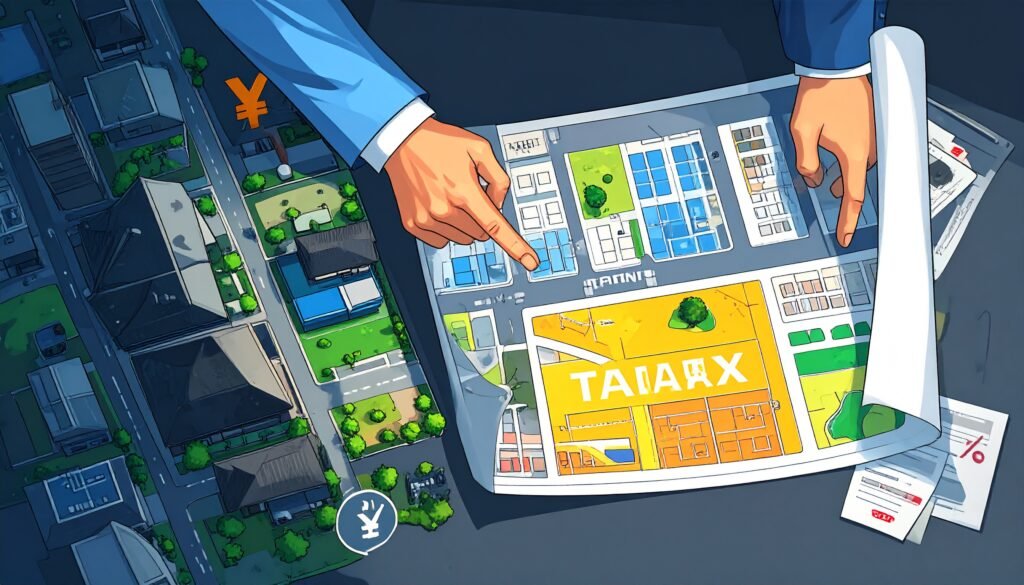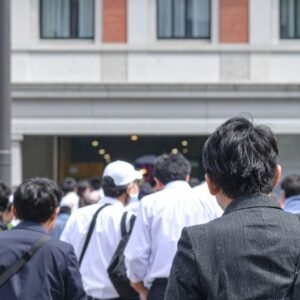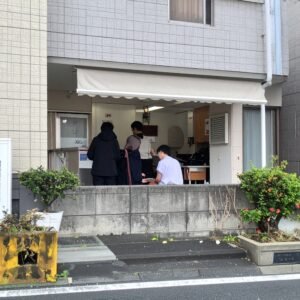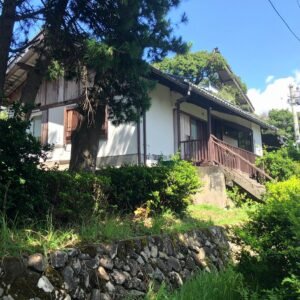When considering buying a home or investment property, it’s important not only to look at the property price but also to understand the taxes associated with real estate purchases. Ignoring these taxes when signing a contract can lead to unexpected expenses and disrupt your financial planning. This article explains five major taxes you’ll encounter when purchasing real estate in a clear, understandable manner.
1. Real Estate Acquisition Tax (Fudousan Shutokuzei)
Real estate acquisition tax is a local tax applied only once when you purchase, receive as a gift, newly build, or extend property or buildings.
The tax amount is calculated by “Taxable Base × Tax Rate,” generally as follows:
- Land and residential buildings: 3%
- Non-residential buildings (such as commercial properties): 4%
However, certain conditions may qualify you for tax reductions on residential properties. You pay this tax upon receiving the tax notice after purchase, and since it can amount to hundreds of thousands of yen, it’s important not to overlook it.

2. Registration and License Tax (Touroku Menkyozei)
This tax applies when registering real estate and is required for ownership changes at the Legal Affairs Bureau. It is mainly applied to:
- Ownership transfer registration (buying/selling): tax rate 2.0% (reductions available)
- Ownership preservation registration (new construction): tax rate 0.4% (reductions available)
- Mortgage registration (when taking out a loan): tax rate 0.4%
Reduction measures are also available, especially when using a mortgage or buying newly constructed properties.
3. Property Tax and City Planning Tax
Property tax and city planning tax are charged annually as long as you own real estate. Typically, during the first year of purchase, the seller and buyer split these taxes proportionally based on days owned. Taxes are assessed based on ownership as of January 1st each year, and payment notices are sent from the local municipality.
- Property tax: Assessed value × 1.4%
- City planning tax: Assessed value × 0.3% (applicable only in designated areas)
These ongoing expenses should be accounted for in your long-term budget as they recur annually.

4. Stamp Duty (Inshizei)
When creating a real estate sales contract, you must affix a revenue stamp to pay stamp duty. The amount varies depending on the purchase price specified in the contract. For example:
- More than 10 million yen to 50 million yen: 10,000 yen
- More than 50 million yen to 100 million yen: 30,000 yen
Electronic contracts may be exempt from stamp duty, so verify depending on your contract method.
5. Consumption Tax (Shouhizei)
While land sales generally do not attract consumption tax, the “building portion” of the property is taxable. This is particularly important when buying newly built apartments or houses from a developer. Even in second-hand transactions, if the seller is a corporation, consumption tax may be applicable on the building portion.









